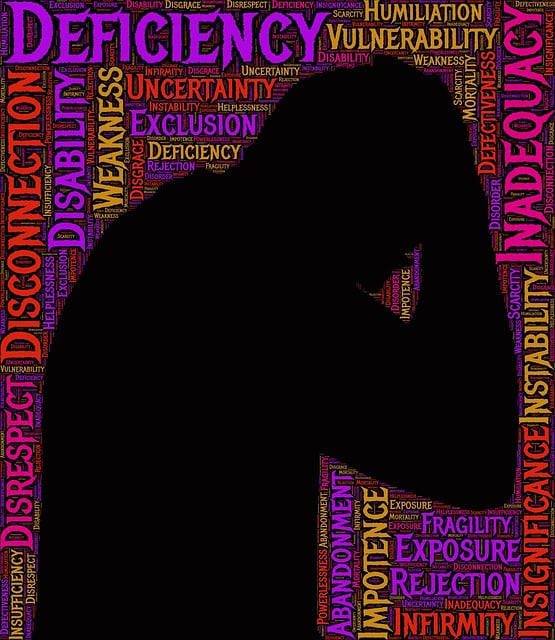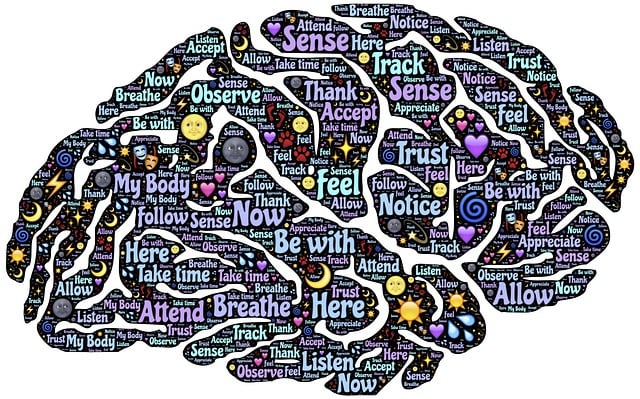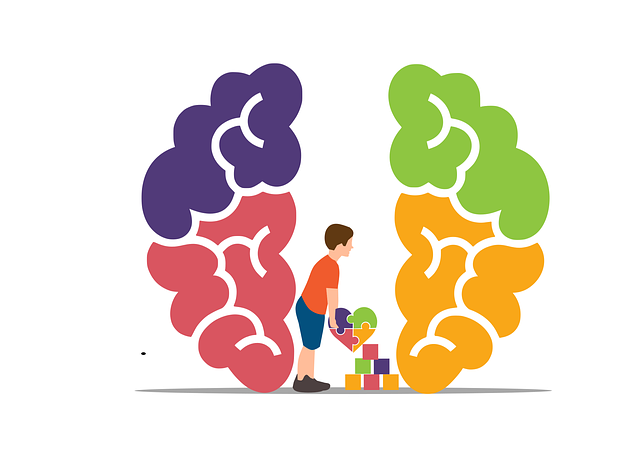Mental health policies targeting elderly first responders are vital to address their unique challenges. These policies include specialized therapy, stress management workshops, and peer support networks, aiming to prevent burnout, enhance work environment health, and foster community resilience. Barriers such as stigma, intergenerational gaps, and limited awareness hinder access to tailored trauma support. Effective strategies involve cognitive-behavioral therapy adapted for older adults, self-care promotion, and mental health education programs. Case studies demonstrate successful implementations, emphasizing the need for evidence-based policies focusing on therapy for elders first responders to ensure their long-term well-being in high-pressure roles.
Mental health policies play a pivotal role in supporting elderly first responders, addressing unique challenges they face regarding access to therapy. This article delves into the profound impact of mental health policies on these brave individuals, offering insights into their struggles and successful strategies for advocacy. We explore key areas such as understanding policy implications, identifying specific hurdles for elderly responders, and presenting case studies showcasing effective mental health support within first responder communities. By focusing on ‘therapy for elders first responders’, we aim to highlight the importance of tailored policies for their well-being.
- Understanding Mental Health Policy and its Impact on Elderly First Responders
- The Unique Challenges Faced by Elderly First Responders in Accessing Therapy
- Strategies for Advocating Effective Mental Health Support for Elderly First Responders
- Case Studies: Successful Implementation of Mental Health Policies for First Responder Communities
Understanding Mental Health Policy and its Impact on Elderly First Responders

Mental health policies play a pivotal role in supporting elderly first responders, who often face unique challenges due to their age and the demanding nature of their work. These policies are essential for ensuring that first responders receive adequate therapy for mental health issues, which can stem from traumatic incidents they encounter on the job. Effective policy interventions aim to provide accessible and specialized care tailored to the needs of this demographic.
The impact of well-designed mental health policies extends beyond individual relief; they contribute to burnout prevention within the organization. By prioritizing mental wellness, these policies foster a healthier work environment, enhancing overall operational efficiency. Stress management workshops and other initiatives under such programs help first responders develop coping mechanisms, promoting resilience against job-related stress and fostering a sense of community support.
The Unique Challenges Faced by Elderly First Responders in Accessing Therapy

The elderly first responders, often veterans with a history of service and sacrifice, face unique challenges when it comes to accessing therapy. Their experiences can include exposure to traumatic events during their duty, leading to conditions such as PTSD or depression. Despite their profound need for support, these individuals may face barriers that hinder their ability to seek the help they deserve. Stigma associated with mental health issues within certain communities and a reluctance to reveal personal struggles are significant obstacles. Additionally, the transition from active service to civilian life can be challenging, leaving some first responders feeling lost and disconnected, further complicating their access to therapy.
Many elderly first responders struggle with intergenerational gaps in understanding of mental health services. They may prefer more traditional support systems over modern therapeutic approaches. Moreover, limited awareness of available trauma support services tailored for their demographic can prevent them from accessing the specialized care they require. Enhancing confidence-boosting initiatives and integrating emotional well-being promotion techniques specifically designed for this vulnerable group could significantly improve their mental health outcomes.
Strategies for Advocating Effective Mental Health Support for Elderly First Responders

Advocating for effective mental health support among elderly first responders is a vital task, given their unique challenges and contributions. Strategies should focus on tailored interventions that address both individual and community needs. One key approach involves implementing specialized therapy for elders first responders, incorporating evidence-based practices like cognitive-behavioral therapy (CBT) adapted for older adults. These sessions can help manage stress, anxiety, and PTSD symptoms, fostering resilience in the face of high-pressure situations.
Additionally, promoting self-care routine development for better mental health is essential. This includes encouraging regular physical activity, mindfulness practices, and social engagement. Designing mental health education programs that educate both first responders and their support networks about recognizing and addressing mental health issues early can also be transformative. Such initiatives ensure a proactive approach to anxiety relief and overall well-being, ultimately strengthening the community’s ability to care for its caring heroes.
Case Studies: Successful Implementation of Mental Health Policies for First Responder Communities

In recent years, there has been a growing recognition of the unique mental health challenges faced by first responder communities, particularly when it comes to therapy for elders first responders. Case studies from various regions highlight successful implementations of mental health policies tailored to address these issues. For instance, some cities have introduced dedicated risk assessment for mental health professionals to ensure early identification and intervention among first responders. These assessments are often coupled with comprehensive stress management workshops organization designed to equip individuals with effective coping skills development, fostering a culture of resilience within these critical communities.
Another notable approach involves establishing peer support networks where seasoned first responders mentor their colleagues, providing emotional support and practical guidance on managing stress-related issues. Such initiatives have been met with positive outcomes, reducing the incidence of mental health disorders among first responders and enhancing overall community well-being. By learning from these case studies, policymakers can develop evidence-based strategies to better support the mental health needs of first responder communities, ensuring their long-term effectiveness in high-pressure roles.
Mental health policies play a pivotal role in supporting elderly first responders, addressing their unique challenges and ensuring they receive the therapy they deserve. By implementing effective strategies outlined in this analysis, we can foster resilient communities where these heroes feel valued, understood, and equipped to cope with the demanding nature of their work. The case studies presented highlight successful approaches, serving as roadmaps for policymakers and advocates aiming to enhance mental health support for elderly first responders across the nation. It’s imperative that we continue to advocate for and invest in policies that prioritize their well-being, ultimately strengthening the backbone of our emergency response systems.













